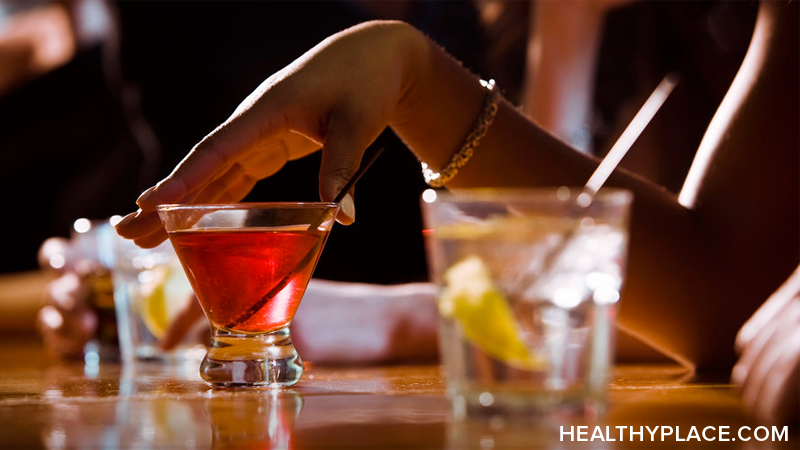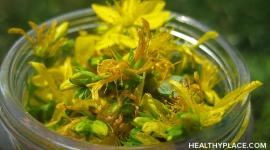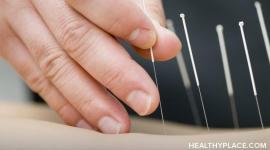Drinking Alcohol for Relaxation

Can moderate drinking help relieve stress and depression? Read more on drinking alcohol to treat depression.
What is it?
Alcohol (chemical name ethyl alcohol or ethanol) is a liquid made from sugars by the action of yeast. The products may be drunk in their original form (for example, beer and wines), or after strengthening (for example, sherry, port and spirits).
How does it work?
Alcohol has complex effects on many parts of the brain and these are not fully understood. One influence is to reduce the emotional effects of stressful situations that may lead to depression.
Is it effective?
Studies have shown that drinking alcohol has positive effects on people's mood, but these have not used groups of people chosen because they are depressed. Several surveys have also found that moderate drinkers suffer less from depression than non-drinkers. However, it is not known whether drinking alcohol causes this difference.
Are there any disadvantages?
There are several disadvantages of using alcohol to cope with depression and stress. Heavy drinking causes intoxication. In the longer term it can harm physical and mental health, and can lead to addiction. Heavy drinking is associated with violence and other antisocial behavior. Alcoholics and people who have other problems with alcohol use often suffer from depression. Even in smaller quantities, alcohol can affect driving skills and the ability to do other tasks (for example, at work) and this increases the risk of accidents. It can lead people to do things they will regret later or feel guilty about. Alcohol may also lessen the effectiveness of antidepressants, although some drinking is usually allowed for people taking them.
Recommendation
Drinking alcohol in moderation may help to reduce stress but its effects on clinical depression are unknown. Heavy drinking is not recommended (see entry for Alcohol avoidance). Even lighter drinkers need to be aware that there could be harmful effects on their work performance or personal relationships. Drinking alcohol along with antidepressants or other medication should be discussed with a doctor.
Key references
Baum-Baicker C. The psychological benefits of moderate alcohol consumption: a review of the literature. Drug and Alcohol Dependence 1985; 15: 305-322.
Chick J. Can light or moderate drinking benefit mental health? European Addiction Research 1999; 5: 74-81.
Peele S, Brodsky A. Exploring psychological benefits associated with moderate alcohol use: a necessary corrective to assessments of drinking outcomes? Drug and Alcohol Dependence 2000; 60: 221-247.
Rodgers B, Korten AE, Jorm AF, Jacomb PA, Christensen H, Henderson S. Non-linear relationships in associations of depression and anxiety with alcohol use. Psychological Medicine 2000; 30: 421-432.
APA Reference
Staff, H.
(2009, January 9). Drinking Alcohol for Relaxation, HealthyPlace. Retrieved
on 2026, January 16 from https://www.healthyplace.com/alternative-mental-health/depression-alternative/drinking-alcohol-for-relaxation



